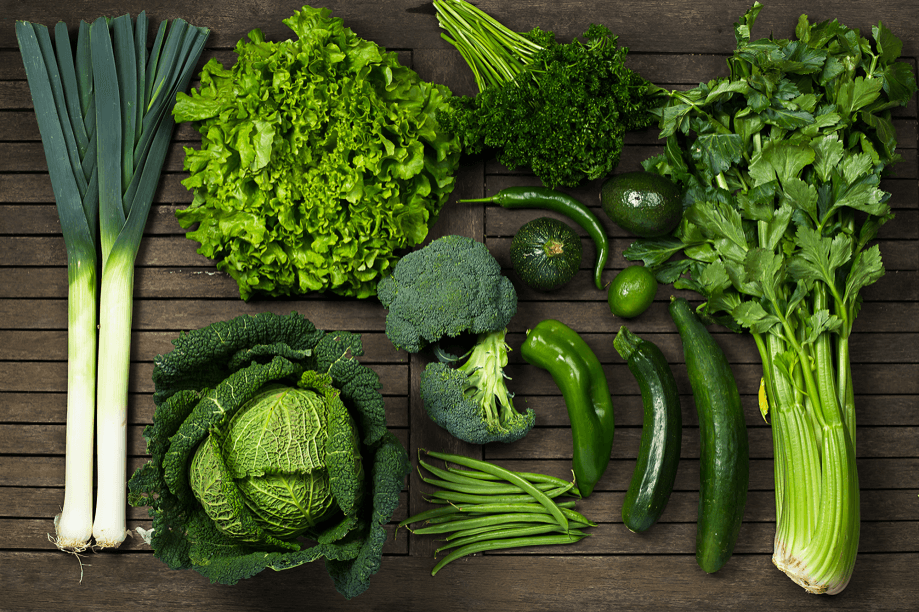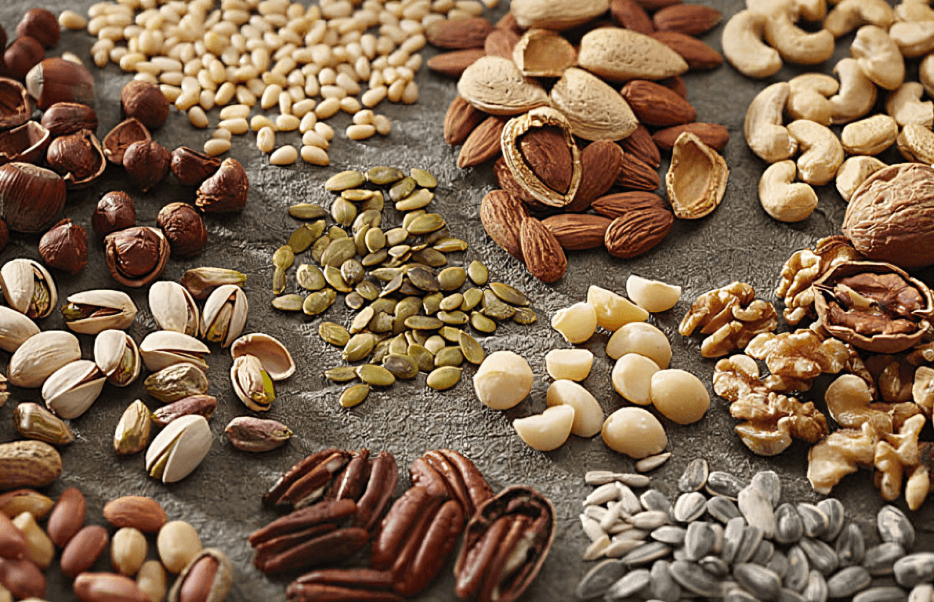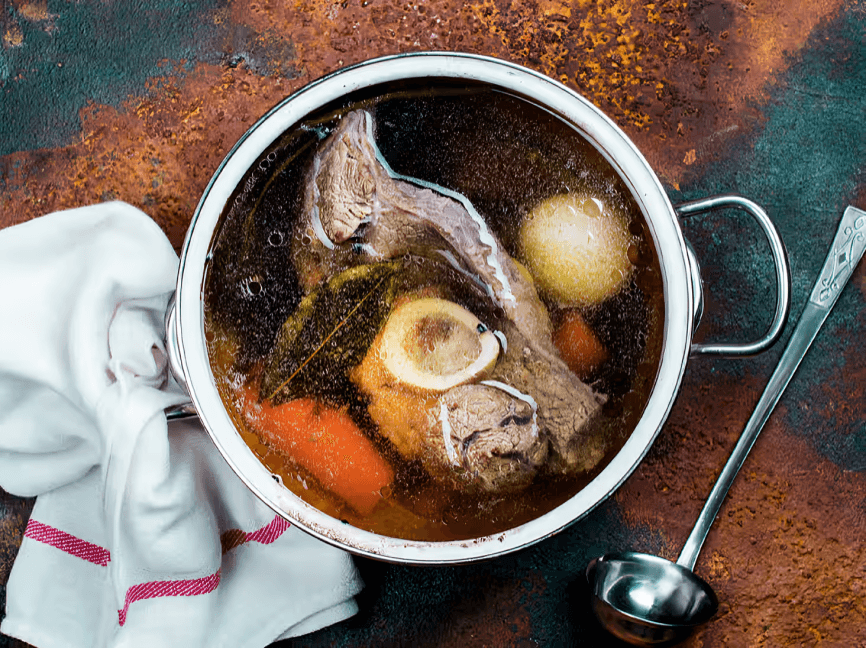
“
Diet tips for healthy veins focus on nourishing your circulatory system by emphasizing nutrient-rich foods, hydration, and balanced eating. These targeted diet tips support vein strength, circulation, and overall vascular wellness.1
1
”
A healthy vein-supporting diet begins with abundant hydration, as water intake maintains blood volume, prevents clotting, and helps veins efficiently return blood to the heart. 1
Including foods rich in flavonoids, like berries or citrus fruits, helps strengthen capillary walls, reduce inflammation, and improve venous elasticity for better circulation. 2
Consuming omega‑3 fatty acids found in salmon, walnuts, and flaxseeds supports anti‑inflammatory processes that reduce venous pressure and help maintain flexible, healthy veins. 3

Leafy greens such as spinach and kale are high in vitamin K, which supports blood clot regulation and helps maintain healthy vessel walls.
A diet rich in fiber from whole grains, legumes, and vegetables helps prevent constipation and avoids added pressure on veins in the pelvic and rectal areas. 4
Beetroot and beets help enhance nitric oxide production, improving blood flow, dilating vessels, and supporting healthy vein function. 5
Incorporating lean protein sources like chicken, turkey, and legumes ensures strong vessel repair, enabling veins to maintain structure and resilience. 6
Foods rich in bioflavonoids, such as onions and dark chocolate, support capillary strength and reduce the likelihood of varicosities. 7
Adding citrus fruits daily supplies vitamin C, a vital nutrient for collagen formation and for preserving the structural integrity of veins. 8

Nuts and seeds, including almonds and sunflower seeds, offer vitamin E and healthy fats that help protect vascular linings from oxidative damage.
Turmeric’s curcumin supports anti‑inflammatory pathways, potentially alleviating vein inflammation and promoting healthier circulatory flow. 9
Green tea offers catechins, antioxidants that promote vessel elasticity, enhance circulation, and help protect against vein deterioration. 10
Adding dark leafy herbs like parsley and cilantro can supply vitamin K and various antioxidants beneficial for vessel maintenance. 11
Pumpkin seeds contain magnesium, copper, and zinc, which support collagen production, strengthen vein walls, and aid vascular repair for better circulation and vein health.12
Berries—including strawberries and raspberries—contain antioxidants that bolster vein health by reducing inflammation and strengthening capillaries. 13
Reducing caffeine and alcohol intake moderately helps avoid dehydration and high blood pressure, easing strain on the venous system. 14

Comforting bone broth or collagen‑rich soups may support connective tissue strength in veins and overall vascular support.
A Mediterranean-style diet, combining healthy fats, lean proteins, produce, and herbs, is consistently linked to better vein and cardiovascular health. 15
As doctors emphasize, combining diet with regular physical movement helps pump blood upward, maintain vein tone, and prevent pooling in the legs. 16
Following philosopher-like consistency, making these dietary tip habits sustainable leads to lasting vein health and improved quality of life over time. 17


